
Selected reviews about elderly care communities
Selected reviews about elderly care communities offer valuable insights into the experiences of residents and their families. These reviews can highlight the strengths and weaknesses of different communities, helping you make an informed decision when choosing the right care for your loved one.
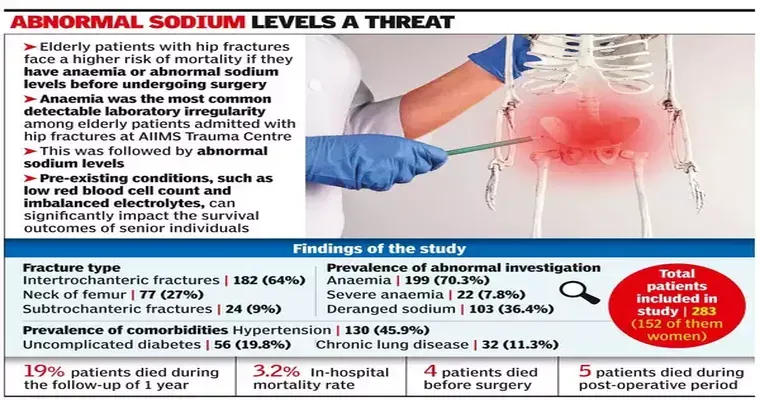
Breaking a Hip Elevates Risk of Death in Elderly Women
A hip fracture significantly increases mortality risk in elderly women, highlighting the severe consequences of falls. Research indicates that these injuries often lead to complications and reduced mobility, contributing to a decline in overall health. Preventive measures and timely medical intervention are crucial to enhance outcomes and improve quality of life.

5 Revelations about Life from Joan Lunden’s Breast Cancer Reveal
Joan Lunden's breast cancer revelation emphasizes the importance of early detection, the strength found in vulnerability, and the power of support from loved ones. She highlights the value of self-care and the necessity of maintaining a positive outlook, reminding us that resilience can emerge from life's unexpected challenges.
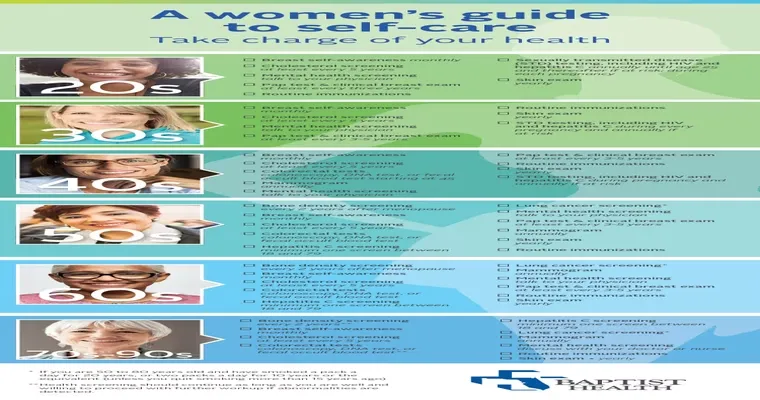
Routine Medical Tests Female Caregivers Should Never Skip
Routine medical tests are crucial for female caregivers to maintain their health and well-being. Regular screenings such as mammograms, Pap smears, and cholesterol checks help detect potential issues early. Prioritizing these tests ensures timely intervention and supports overall wellness, allowing caregivers to continue their vital roles effectively.
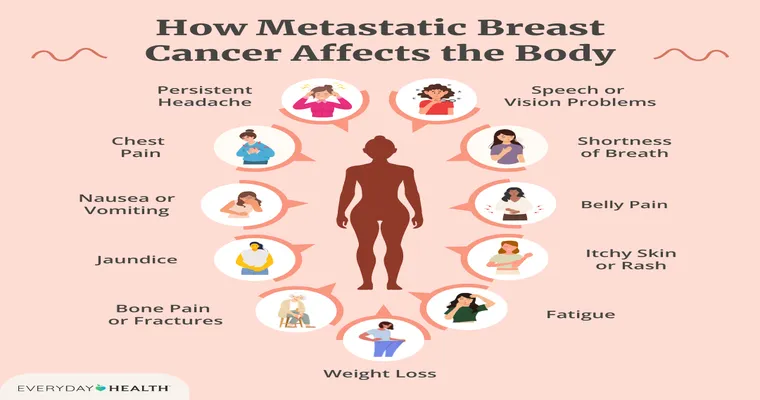
Breast Cancer: Signs, Symptoms and Treatments
Breast cancer can manifest through various signs and symptoms, including lumps, changes in breast shape, or unusual discharge. Early detection is crucial for effective treatment, which may involve surgery, radiation, chemotherapy, or hormone therapy. Regular screenings and awareness of personal risk factors can significantly improve outcomes for those affected.

The Importance of Breast Cancer Screening for Caregivers
Breast cancer screening is crucial for caregivers as it enables early detection and treatment of the disease, significantly improving outcomes. Caregivers play a vital role in encouraging regular screenings for themselves and those they support, fostering awareness, and providing emotional support, ultimately contributing to better health and quality of life.
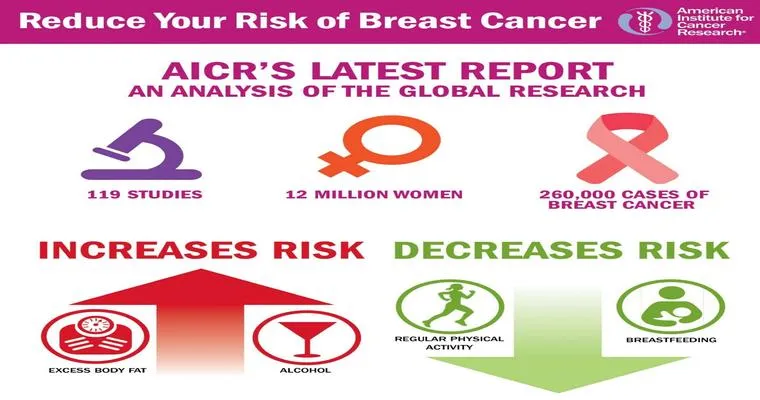
5 Numbers to Know For Breast Cancer Risk Reduction
Understanding key numbers can significantly aid in breast cancer risk reduction. Maintaining a healthy weight, engaging in regular physical activity, limiting alcohol intake, getting regular screenings, and knowing family history are crucial. These factors collectively empower individuals to make informed lifestyle choices that can lower their chances of developing breast cancer.
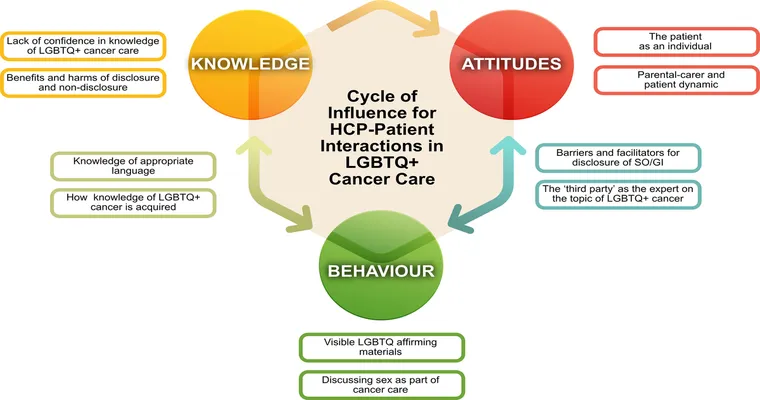
I'm 61 with breast cancer and I have no one. Does anyone know of a place to call for help or a place to go other than a nursing home?
At 61, facing breast cancer alone can feel overwhelming. It's important to seek support beyond nursing homes. Consider reaching out to local cancer support organizations, community health services, or helplines that can connect you with resources, counseling, and support groups tailored to your needs during this challenging time.
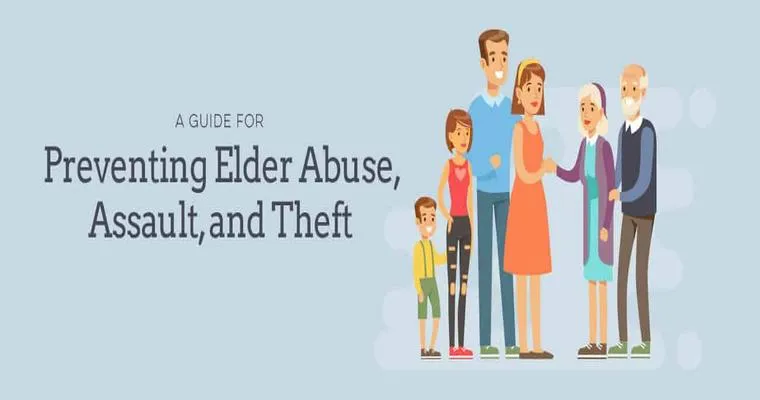
Abusive elderly mum. Any advice?
Caring for an elderly mother who exhibits abusive behavior can be emotionally challenging. It's important to set clear boundaries and seek support from professionals or support groups. Communicating openly about your feelings and exploring options for alternative care may also help in managing the situation effectively and preserving your well-being.

I have a friend with short term memory loss and cancer. Looking for advice on treatment options?
Supporting a friend with short-term memory loss and cancer can be challenging. It’s important to focus on clear communication and consistency. Encourage them to consult healthcare professionals for personalized treatment options, such as therapies or clinical trials. Emotional support and maintaining a positive environment can also significantly aid their well-being.
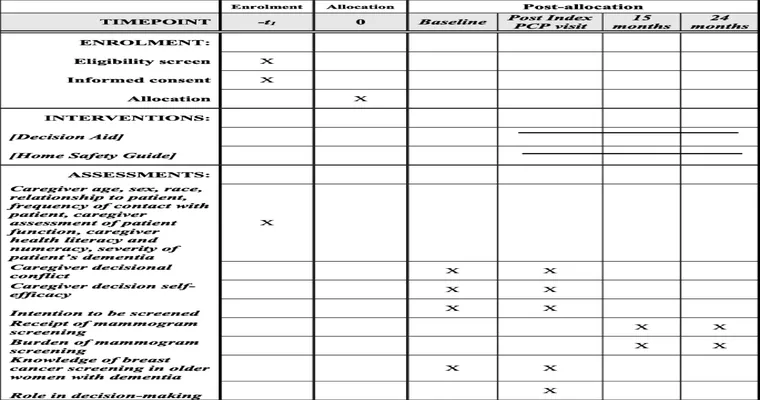
When should you stop doing routine mammograms on a dementia patient?
Routine mammograms for dementia patients should be reconsidered when their life expectancy is significantly reduced or when they are unable to participate in the screening process. The potential benefits must be weighed against their overall health status, quality of life, and the likelihood of treatment success if abnormalities are detected.

With Mom in MC and Dad in AL, there is a crisis every week. I have breast cancer and will have surgery soon. What about my health? My life?
Navigating life with a mother in Mississippi and a father in Alabama, I face weekly crises while battling breast cancer. As I prepare for surgery, uncertainty looms over my health and future. The emotional toll is immense, leaving me to ponder what lies ahead for my life and well-being.
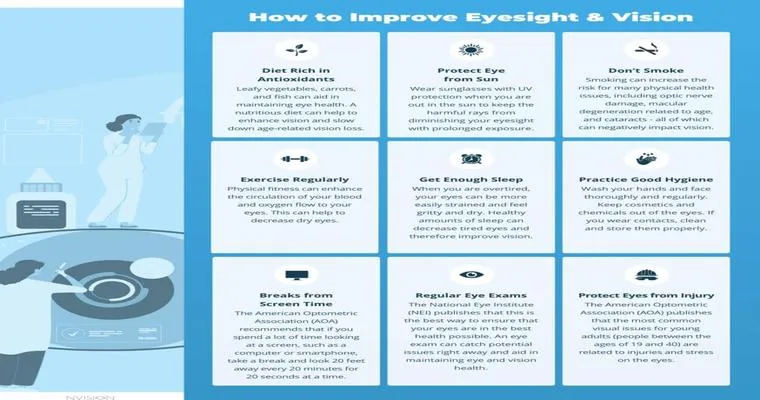
I need someone to come in once a week. My eyesight is not that great when cleaning. I have a problem staying focus in getting things done.
I require assistance with weekly cleaning due to my impaired eyesight and difficulty maintaining focus. Having someone come in once a week would greatly help me manage my living space more effectively. This support would ensure a cleaner environment while alleviating the stress of tackling these tasks alone.

How to deal with a difficult and aggressive parent that denies their diagnosis and demands to be released from dementia unit?
Dealing with a difficult and aggressive parent requires patience and empathy. Start by actively listening to their concerns, validating their feelings, and providing clear, compassionate explanations about their diagnosis. Establish boundaries while involving professional staff for support, and seek family counseling to address underlying emotions and improve communication.
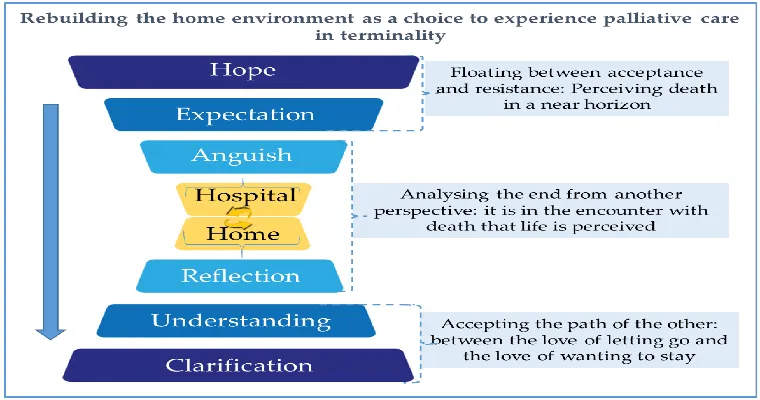
If an elder has no insight into the degree of their dementia, is there any way or hope of explaining that to them?
Explaining the degree of dementia to an elder lacking insight can be challenging. Communication should be gentle and compassionate, focusing on their feelings and experiences. Using simple language, familiar references, and validating their emotions may help bridge understanding, fostering a supportive environment while respecting their dignity and autonomy.

I think having the in-home caregiver is more for my benefit than my husband. He has FTD, but resents the fact that someone has to babysit him.
Having an in-home caregiver primarily benefits me, as my husband with frontotemporal dementia resents the presence of someone looking after him. His condition makes it challenging for him to accept assistance, leading to feelings of frustration while I navigate the complexities of his care and our shared life.
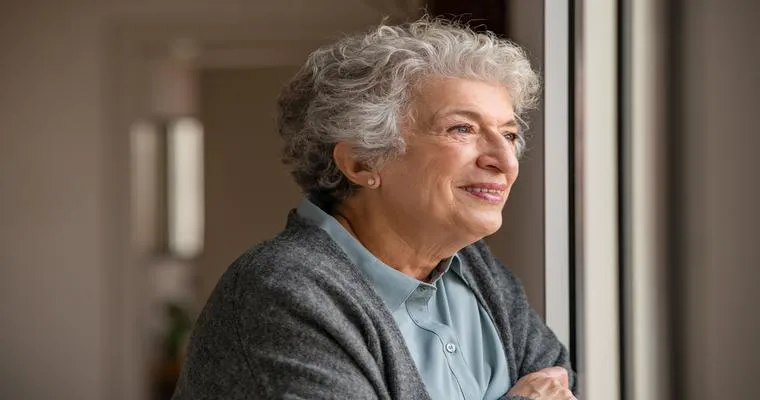
How do you convince someone (brother, age 73) who has anosognosia that they need help?
Approach your brother with compassion and empathy, focusing on his feelings rather than his condition. Share specific observations about changes you've noticed in his behavior and daily life, emphasizing your concern for his well-being. Encourage open dialogue, offering support and reassurance that seeking help is a positive step towards improving his quality of life.

My husband has early onset dementia and anasognia, doesn’t believe he has Alzheimer's. What should I do?
Navigating a loved one's early onset dementia and anosognosia can be challenging. Focus on compassionate communication, validating their feelings while gently introducing support. Engage with healthcare professionals for guidance and resources, and consider joining support groups to connect with others facing similar situations, fostering understanding and coping strategies.

Mom’s in denial, hiding from cognitive decline.
A mother struggles to acknowledge her cognitive decline, masking her challenges behind a facade of normalcy. As moments of forgetfulness increase, she clings to independence, fearing the stigma of aging. Her loved ones watch with concern, caught between supporting her and facing the reality of her deteriorating condition.

I want to run away.
Feeling overwhelmed by the weight of expectations and responsibilities, a deep desire to escape takes hold. The thought of running away becomes a comforting fantasy, a yearning for freedom and adventure. It's a fleeting dream of leaving behind the chaos, seeking solace in the unknown and rediscovering oneself.

Not a question, fast forward 5 years...
In five years, the world has transformed significantly, driven by technological advancements and a heightened focus on sustainability. People navigate daily life with enhanced connectivity and automation, while communities embrace eco-friendly practices. Social dynamics evolve as remote work becomes the norm, fostering a more globalized and interconnected society.
Page 112 of 134